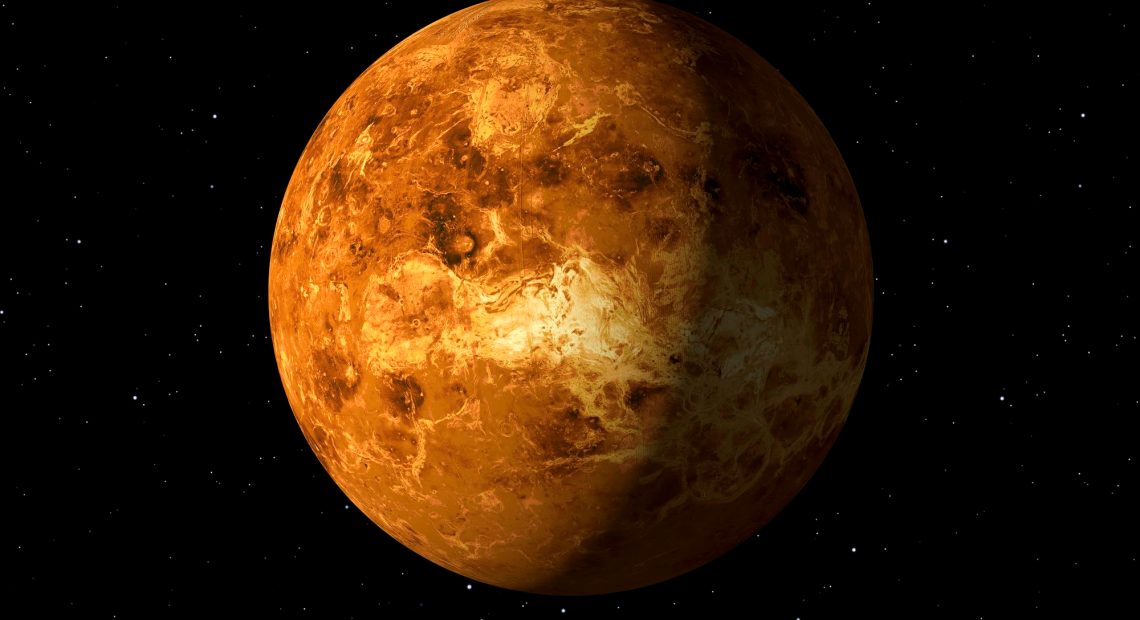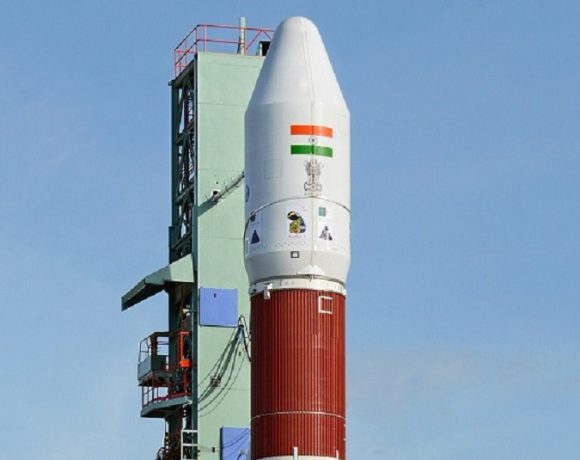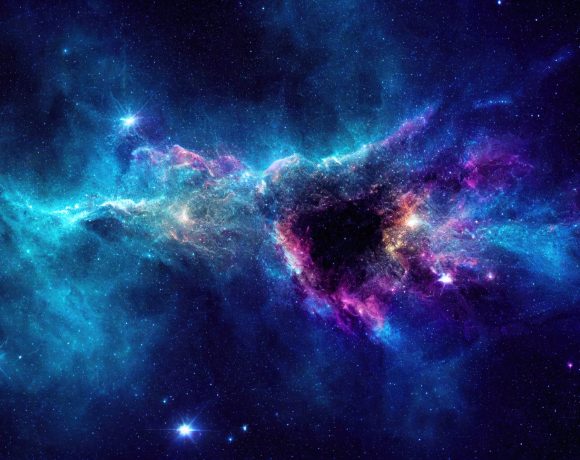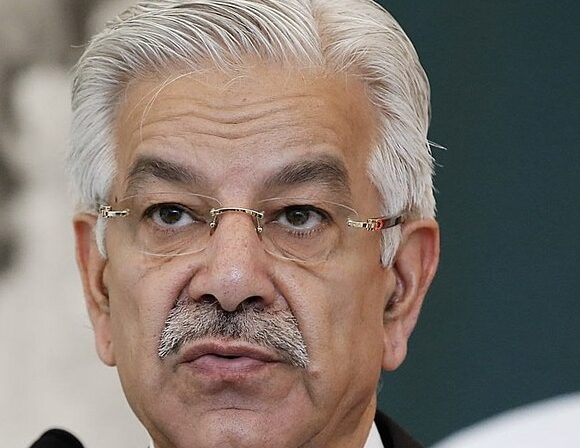
ISRO’s Shukrayaan: India Greenlights Venus Exploration Mission
India’s ambitious space exploration program has reached a new milestone with the government’s approval of ISRO’s Shukrayaan mission to explore Venus.
The mission underscores India’s growing capabilities in planetary exploration and its commitment to expanding the boundaries of space science.
A Leap Toward Planetary Science
Shukrayaan, ISRO’s first mission to Venus, aims to study the planet’s atmosphere, surface, and subsurface features. Equipped with advanced instruments, the spacecraft will analyze Venus’s dense atmosphere, its greenhouse gas effects, and surface temperatures, which are among the hottest in the solar system.
Enhancing India’s Space Credentials
This approval marks a significant step in India’s planetary exploration roadmap, placing it alongside global leaders in space science. Following successful missions like Chandrayaan and Mangalyaan, Shukrayaan reaffirms India’s position as a major player in space research.
Mission Objectives
The primary objectives of Shukrayaan include:
- Understanding Venus’s atmospheric composition and dynamics.
- Investigating its volcanic activity and geological history.
- Mapping the surface and analyzing thermal emissions.
The mission will also study the possibility of active volcanism and the mysterious phosphine gas, which has been linked to potential microbial life.
Global Collaboration and Technological Advancement
Shukrayaan will feature international collaborations, with payload contributions from leading global space agencies. These partnerships aim to enhance scientific outcomes and foster global cooperation in space exploration.
India’s focus on self-reliance is evident in the indigenous development of the mission’s key technologies, contributing to the nation’s growing expertise in space exploration.
The Shukrayaan mission highlights India’s determination to push the boundaries of scientific discovery, bringing humanity closer to understanding Venus, often referred to as Earth’s twin. The mission is expected to launch by 2031, marking another proud chapter in ISRO’s illustrious history.

















